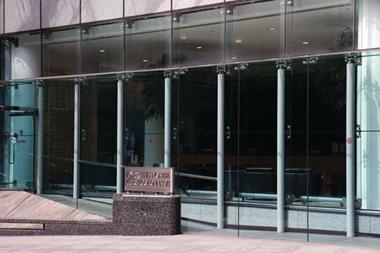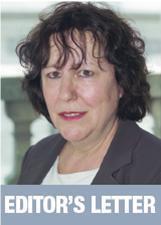Banks should adopt networked approach to operational control to confront fraud and abuse, says Detica
The FSA, in its latest commentary responding to recent events at Société Générale, has suggested banks integrate and aggregate the output of their existing controls so a true, trader-level, view of risk can be monitored across the entire business lifecycle.
In the light of a newly-published report by the FSA, Detica Group has repeated its warning that banks’ response to the recent spate of rogue trader incidents and operational failures should go beyond reviewing and tightening up their existing controls.
Simon Elkington, executive manager from Detica’s investment banking unit, commented: ‘We completely agree with the FSA — only by breaking down operational control silos will banks be in a position to truly manage potentially catastrophic operational risks and failures’.
Extending the idea that banks need to adopt a radical new approach to managing their risk, Elkington argued that financial institutions could learn something from the gaming industry. ’Casinos don’t trust anyone—staff or customers—and a strong surveillance and control culture is espoused’, he said. ’While we would never expect a bank to operate like a casino, there are nonetheless some very important principles at play here’.
“In the light of a newly-published report by the FSA, Detica Group has repeated its warning that banks’ response to the recent spate of rogue trader incidents and operational failures should go beyond reviewing and tightening up their existing controls.
Elkington commented: ‘In order to compete effectively, banks need to be agile and innovative and therefore depend on the honesty of both their employees and customers. But, at the same time, they must ensure that an appropriate level of monitoring is maintained.’
He added: ‘Advanced information intelligence technologies can now be deployed to monitor suspicious trading activity and effectively play the role of the ‘pit boss’
‘It’s quite possible’, said Elkington, ‘to adapt the methods used to track down networks of fraud and abuse to make money—for instance, by identifying previously unknown operational inefficiencies’.




















No comments yet